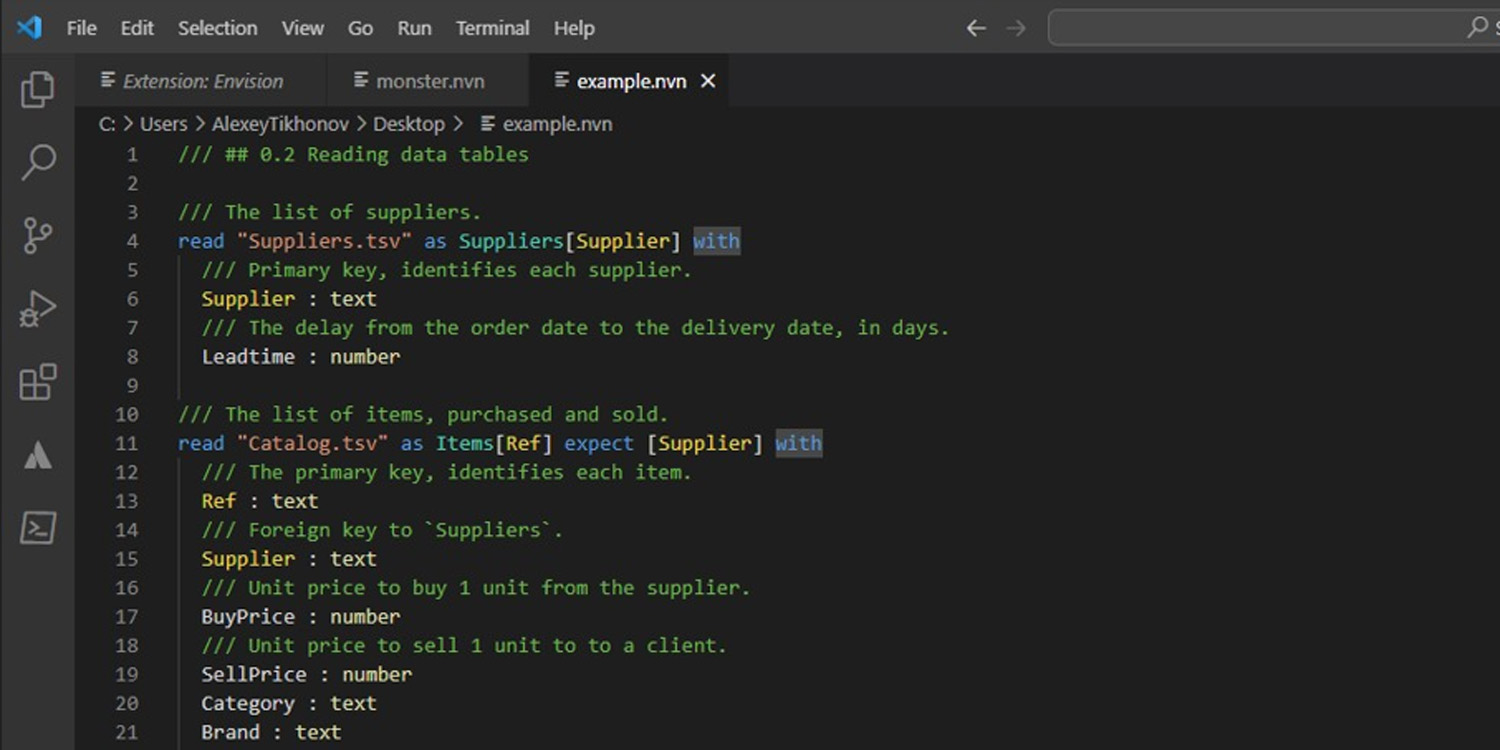Lookahead: Predictions for 2025
The supply chain section of LinkedIn is awash with New-Year-themed blogs this week (appropriately so, I guess), most of which center around lofty predictions for the sector in the coming 12 months. Experts, including LLMs like ChatGPT, have speculated that supply chains will be transformed by everything from agentic AI to Donald Trump purchasing Greenland. Though almost certainly true to one degree or another (in the sense that any global event will likely have an impact on supply chain), I have a contrarian position—shock!— that might be surprising in its simplicity.

Rather than prognosticating grand technological disruptions1, my take is a very modest one: 2025 will be the year that modern supply chain expertise (and experts) is formally recognized. What I mean by that is, of course, the role of the supply chain scientist. My reasoning is quite straightforward: technology is only as good as the expert wielding it.
Case in point: The Hubble Space Telescope (HST) once captured data suggesting that some of the earliest stars in the most distant galaxies appeared to be older than the universe itself—a finding that, if true, would have upended the foundation of cosmological theory. This surprising result was later traced back to errors in data processing and assumptions in the models used to interpret the observations. Crucially, it was not AI or algorithms that resolved this discrepancy but human expertise (in the form of skilled astronomers). Their deep understanding of the instruments, the data, and the theoretical framework allowed them to recalibrate the models and correct the errors.
This case underscores the essential role of human oversight in the interpretation of even the most advanced astronomical data. While much of what HST now does is automated, the algorithms are designed and supervised by experts, whose talents and critical thinking remain indispensable for interpreting results and maintaining our understanding of the cosmos. Though supply chain science might seem trivial by comparison to studying the universe, that is no excuse for ignoring it.
For every great technological breakthrough in supply chain, like differentiable programming, stochastic optimization, and scheduling in aerospace, there is an expert standing behind it. At Lokad, that expert is the supply chain scientist: the person responsible for, in simple terms, making sure that every supply chain decision a client makes is financially sensible.
By decision I mean “anything that results in the allocation of a financial resource.” Common examples include purchasing a unit of inventory, allocating it, bundling it, discounting it, carrying it, moving it, returning it, etc. By financially sensible I mean “the most intelligent choice a client could make with that financial resource (e.g., $1) at that moment in time, compared to all the other available feasible options for that same financial resource.”
Supply chain, at its core, is about making better decisions when presented with frequently enormous amounts of options (in the presence of future uncertainty). This is what Lokad’s supply chain scientists do on a daily basis, and, in 2025, I predict this essential role (and ones like it) will achieve far greater recognition in the wider community.
In closing, someone I know once remarked that supply chain practice is in the gutter, but in 2025 I will do my best to make sure it, like the Hubble, is at least looking at the stars2.
-
Sam Altman’s 2024 reflections, and sanguine predictions for 2025, can be read here. In particular “we are now confident we know how to build AGI as we have traditionally understood it. We believe that, in 2025, we may see the first AI agents ‘join the workforce’ and materially change the output of companies” stands out as impressively ambitious. ↩︎
-
The shrewd reader will have noticed that, by virtue of publishing this very piece, I have attempted to validate my own prediction. To that I say “what I lack in modesty, I make up for in prophecy.” ↩︎


